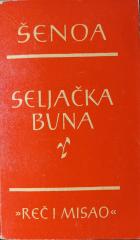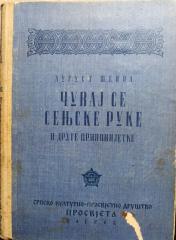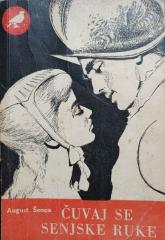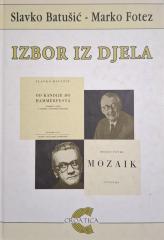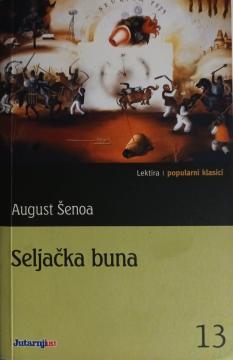
Seljačka buna
The Peasant Revolt is a historical novel by August Šenoa, first published in the magazine Vijenac in 1877. It is one of five novels by August Šenoa and his most important historical novel. The introductory judge was written by Josip Nagy.
The novel is set in northern Croatia, at a time of great social injustice and feudal cruelty. Through a rich gallery of characters, Šenoa depicts a sharp division between oppressed peasants and powerful nobles.
The main characters include Matija Gubec, the leader of the rebellion, who is portrayed as a just, brave, and prudent peasant, and Baron Franz Tahy, a cruel nobleman whose abuses instigated the uprising. They are joined by Petar, a young peasant and fighter for justice, and his love Dora, who brings an emotional dimension to the story.
The peasants organize and rise up against the lordly tyranny, dreaming of a more just society in which everyone will be equal. Although initially successful, the rebels are ultimately defeated. Gubec is captured, tortured, and executed in Zagreb's St. Mark's Square, with which Šenoa concludes the story with a tragic but dignified ending.
The novel emphasizes the idea of national unity, the struggle for freedom and justice, but also warns of the consequences of too rapid and poorly organized revolutions. Šenoa uses history as a framework for promoting humanistic and patriotic values, which gives the work a strong social message.
Two copies are available
